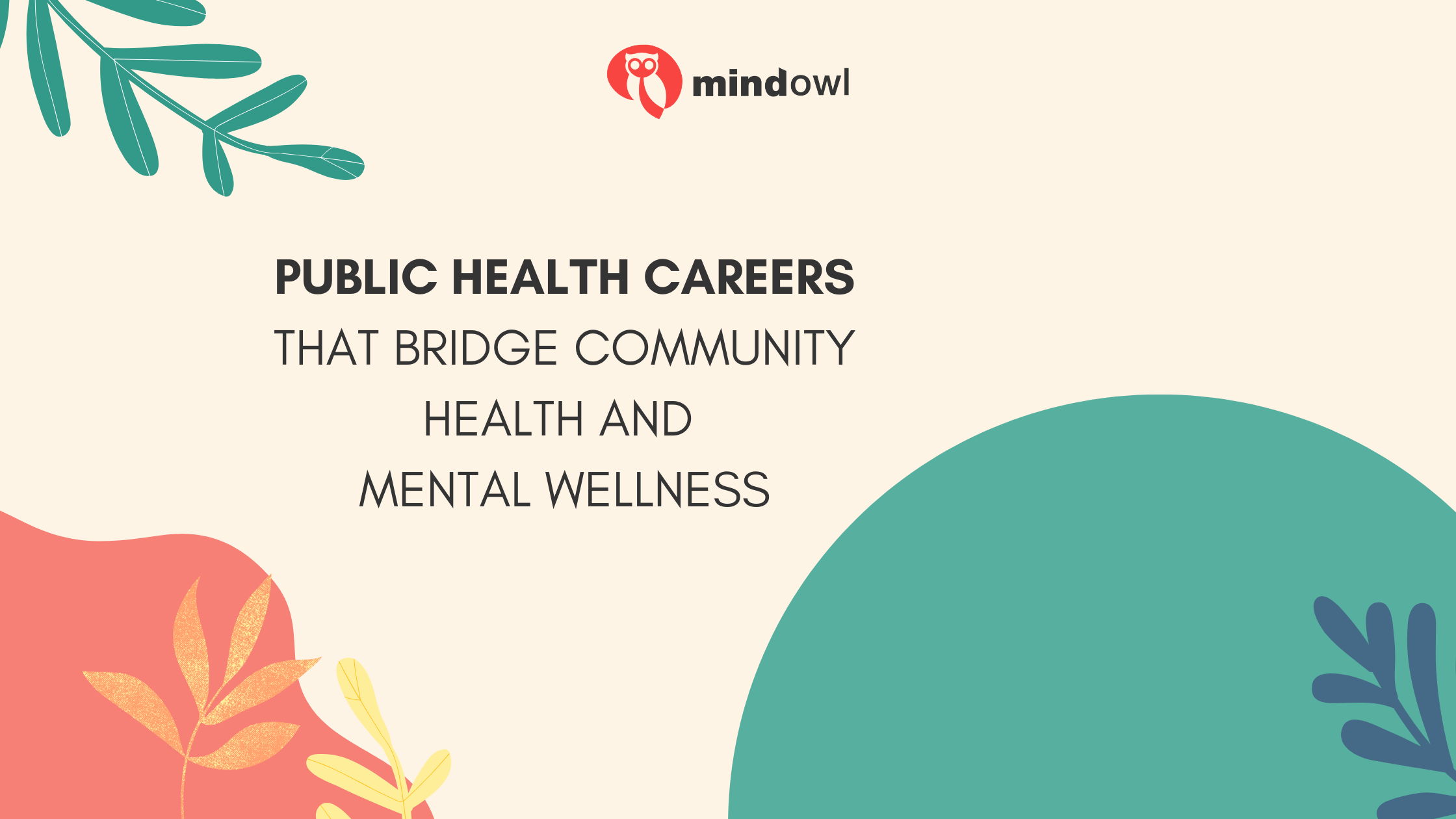In an increasingly complex world, the understanding that physical health and mental well-being are inextricably linked has moved from academic theory to a critical public health imperative. No longer can we treat the body and mind as separate entities, especially when addressing community-level health challenges.
Public health professionals are at the forefront of this paradigm shift, forging innovative career paths that deliberately bridge community health initiatives with mental wellness. These roles are not just about treating illness, but about fostering resilience, preventing disease, and creating environments where holistic well-being can flourish.
The following are some ways in which public health careers can bridge community health and mental wellness.
The Complexities of Health
The interconnectedness of physical and mental health is undeniable. Chronic stress can exacerbate physical ailments like heart disease and diabetes, while living with a chronic illness significantly increases the risk of depression and anxiety. Social determinants of health – poverty, inadequate housing, food insecurity, lack of education, and discrimination – profoundly impact both physical and mental states.
Leadership in public health recognizes that addressing these foundational issues is vital for improving overall population health. Careers that intentionally connect community health and mental wellness work to untangle this complex tapestry, providing support, education, and resources that address the whole person within their community context.
Community Health Workers (CHWs)
Perhaps the most direct bridge between community health and mental wellness is built by Community Health Workers (CHWs) and Promotores de Salud. These frontline public health workers are trusted members of the communities they serve, often sharing similar lived experiences, languages, and cultural backgrounds. They act as essential liaisons, providing informal counseling, social support, and advocating for individuals’ needs.
CHWs connect community members to medical care, mental health services, social assistance programs, and educational resources. They educate on topics ranging from chronic disease management and nutrition to stress reduction techniques and recognizing signs of mental distress, effectively reducing stigma and increasing access to care for both physical and mental health conditions.

Public Health Social Workers
Public Health Social Workers operate at the intersection of individual well-being and systemic factors, making them crucial in bridging health and mental wellness. These professionals don’t just provide direct counseling; they are adept at identifying and addressing the social, economic, and environmental factors that impact both physical and mental health within a community.
From advocating for policy changes that improve access to healthy food or safe housing, to developing and implementing community-wide mental health prevention programs, they tackle the root causes of disparities. Public health social workers often work within healthcare systems, government agencies, and non-profits, facilitating access to services, engaging in crisis intervention, and empowering vulnerable populations to navigate complex systems to improve their overall well-being. Their holistic perspective ensures that mental health support is integrated into broader public health initiatives.
Epidemiologists and Data Analysts for Mental Wellness
While not typically client-facing, epidemiologists and data analysts play a foundational role in understanding and improving community mental wellness. These public health scientists investigate the patterns and causes of health conditions, including mental illnesses, across populations. They collect and analyze data on the prevalence of depression, anxiety, substance use disorders, and suicide rates, identifying risk factors such as socioeconomic status, geographic location, and exposure to trauma.
By understanding these trends, they can inform the development of targeted interventions that simultaneously address physical and mental health. Their work is critical for evaluating the effectiveness of community-based mental health programs, guiding resource allocation, and advocating for policies that promote an integrated approach to well-being.
Health Educators and Promoters
Health educators and promoters are vital communicators in the public health sphere, tasked with empowering individuals and communities to make informed health decisions. Their roles inherently bridge physical and mental wellness by developing and delivering programs that foster healthy lifestyles, resilience, and early intervention. This could involve teaching stress management techniques, promoting physical activity and nutrition as mood enhancers, educating about mental health first aid, or running campaigns to reduce the stigma associated with seeking mental healthcare.
They design culturally competent materials and workshops that address topics like substance abuse prevention, violence prevention, and healthy coping mechanisms, ensuring that a holistic view of health is integrated into all community outreach and education efforts.
The Future of Integrated Care
The demand for professionals who can competently navigate the complexities of both community health and mental wellness is steadily growing. As healthcare systems increasingly shift towards integrated care models, where physical and mental health services are coordinated and delivered collaboratively, these bridging careers will become even more indispensable.
Public health is uniquely positioned to lead this transformation, advocating for policies and implementing programs that recognize the full spectrum of human health. These dedicated professionals are not just responding to current needs, they are actively shaping a future where communities are healthier, more resilient, and truly well.
Our own struggles in life have led us to this path of understanding the human condition. United by a shared curiosity for the mind and what it means to be human, we’ve each walked a journey shaped by personal challenges and a deep interest in helping others grow. Over the last eight years, our work has centred on exploring how meditative practices meet modern approaches to psychological wellbeing.

